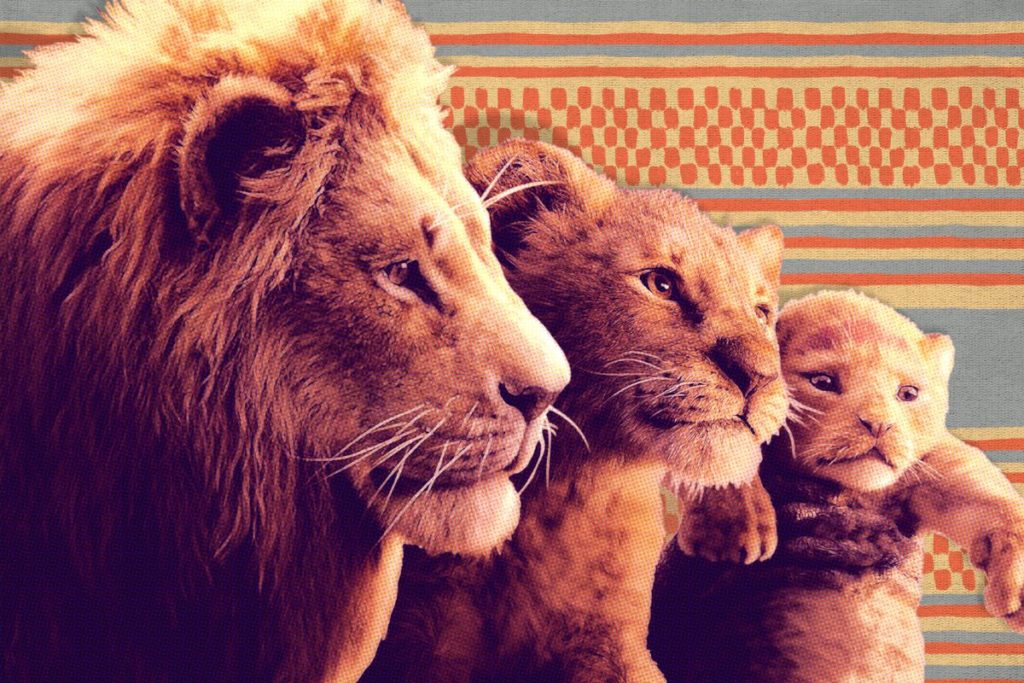Disney’s new photorealistic (the popular term is live-action but can we really call a movie live action when everything is digitally created?) remake of The Lion King debuted the domestic box office with a $191.8 million, July record opening weekend performance. Though met with a lukewarm reception from critics and sitting at a rotten score on Rotten Tomatoes millions of people are still going to the theater. The Lion King is already a massive financial success. Clearly there is something about The Lion King that people are still hungry for.
This newest rendition of The Lion King is breathtakingly beautiful to look at. Every scene but one in the film is computer animated, but even to a trained eye it is very difficult to spot any cracks in the animation. It truly looks like there are real life breathing animals being filmed in the wild. This is a remarkable feat of movie magic making power. The film also sounds fantastic. I found Billy Eichner’s performance as Timon to be the best of the film, though I also really enjoyed Seth Rogen’s Pumba, as well. Chiwetel Ejiofor gives a very good performance as Scar that is more menacing than the conniving performance of Jeremy Irons, though the animated version’s “Be Prepared” is way better than the newer version.
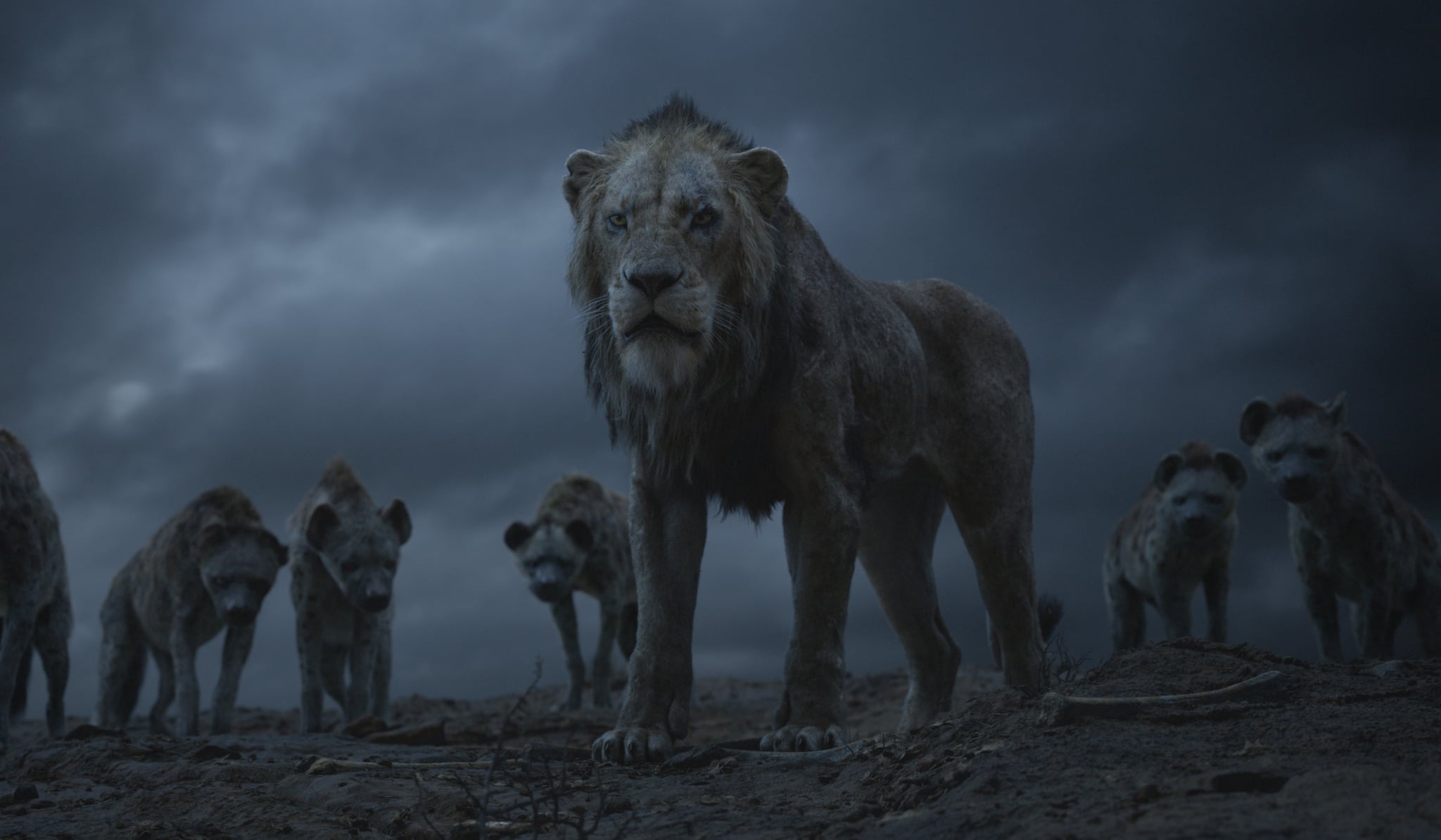
There also were a few new story beats that I thought were interesting, that I wish had been explored more fully. Instead, what we mostly find in the new Lion King is a shot for shot remake that adds very little in the way of story, but relies heavily on the nostalgia and love of the first film. Some of the emotional weight is lost in the photorealism of the animals where you cannot animate emotion like you can in a cartoon. Also, some of the voice cast is weak and unable to give the necessary emotional weight to the performance.
The original 1994 The Lion King is my favorite Disney animated film. Sadly, the 2019 version fails to add much substantially new to the story. In many ways this newest adaptation feels pointless except as an exercise in computer graphics and a cash grab by Disney. It is worth seeing in theaters though for the amazing technical prowess of the film, and the enjoyment of the original story. The Lion King (2019) is good because The Lion King (1994) is great. Spoilers will follow, but really if you have seen the cartoon version you have seen the exact story of the new.
Spoilers:
There are many things that could be said about the story of The Lion King, which in case you didn’t know is adapted from Shakespeare’s Hamlet. However, I think one of the most powerful aspects of story is the exploration of the question, “What makes a king?” This is one area on which the new version of the film actually includes some improvements or interesting additions to the original film.
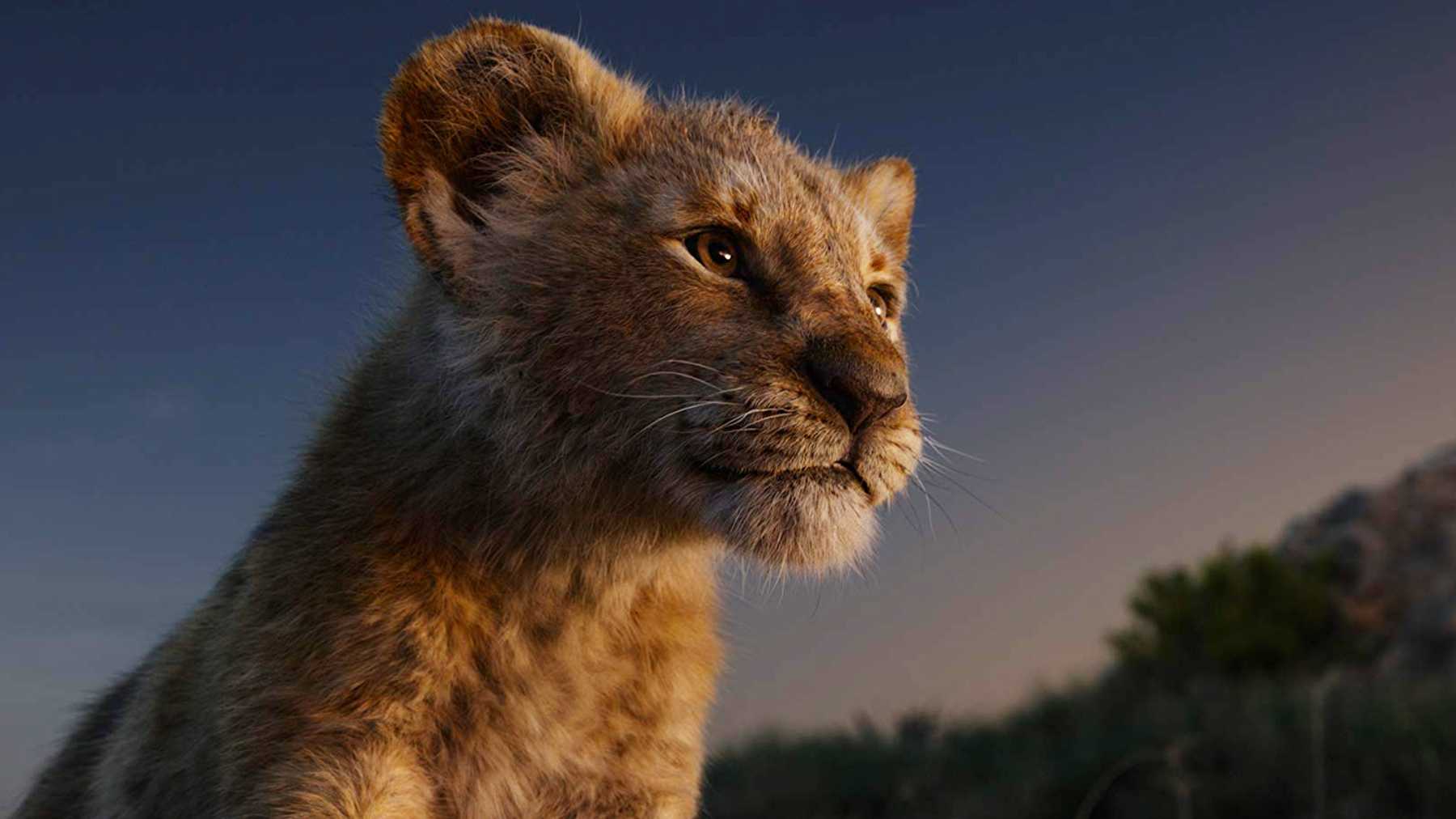
In this version of The Lion King there is a stronger comparison made between Mufasa and Scar. We find out that Scar believes he ought to be the rightful king and had at one time challenged Mufasa to be king. It is implied this is how he received his scar. Further on in the film we also have an exchange between Sarabi (the queen) and Scar, where she rejects his advances his toward her again. We learn that Sarabi had chosen Mufasa over Scar too. All of this brings Scar and Mufasa into sharper contrast. I would much rather have seen this prequel film between Mufasa, Scar, and Sarabi, than the shot for shot retelling we got in this film.
The film also explores the philosophies of rule between Mufasa and Scar. Scar says, Life’s not fair, my little friend. While some are born to feast, others are born to serve.” Scar’s view of being a king is that others are beneath the king in order to serve the king. For Scar being a king is all about power and control. Mufasa, on the other hand, has a very different understanding of what it is to be a king. After Simba ask Mufasa if all the land he sees will be his, Mufasa responds with, “It belongs to no one, but it is yours to protect. It is a great responsibility.” He goes on further to say, “While others search for what they can take, a true king searches for what he can give.” For Mufasa being a king is not about power but about service.
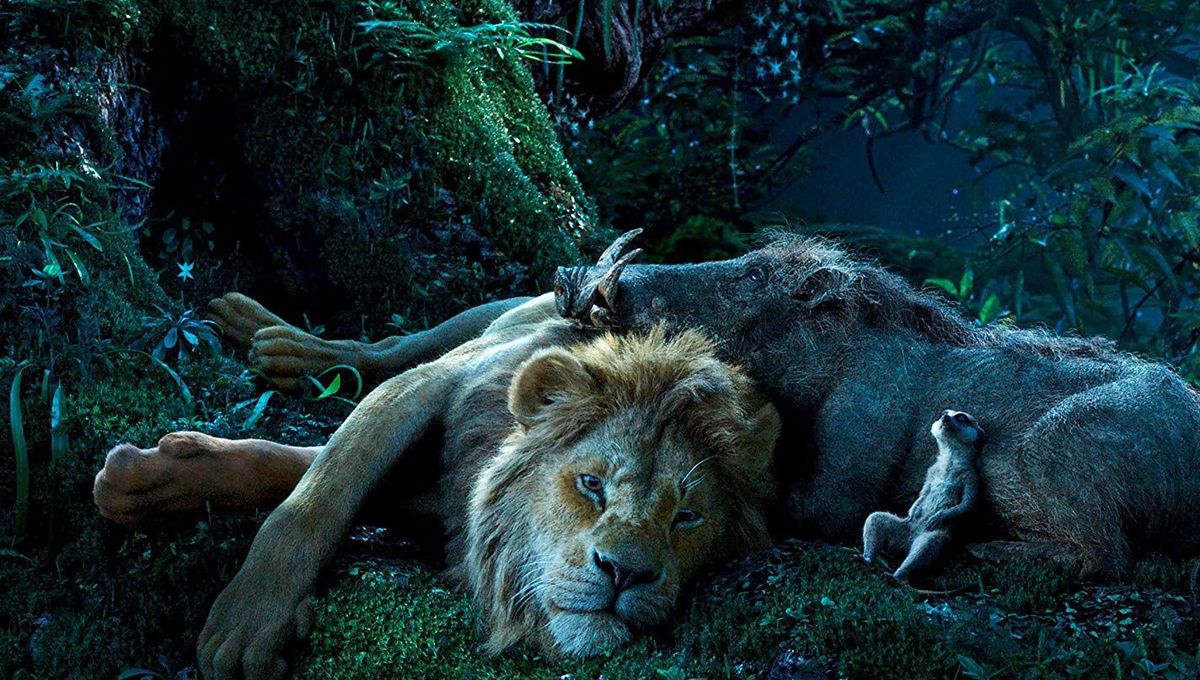
As I heard this dialogue in the film I could not help but think about the Biblical depiction of kings. In Deuteronomy 17:14-20 God provides Israel with the parameters for what a king ought to be. A true king is to be concerned more about following God and leading the people in worship of God, than about expanding borders or winning military battles. The king is not to have his heart exalted over his fellow citizens (Deut 17:20). When the Israelites demand a king in 1 Samuel 8, they are rebuked not for desiring a king, but for desiring a king like all the other kings of the world. In other words, they desire a king who is concerned about power, military might, and expansion of borders than they are a king who serves God and his people.
Throughout the Old Testament there is a longing for a coming king who will rule with love and righteousness. The New Testament reveals that this king is Jesus. The God-man who” did not come to be served, but to serve, and to give his life as a ransom for many” (Matt. 20:28). Tyrants seek the high places and to lord themselves over others, but Jesus tells us, “whoever wants to become great among you must be your servant, and whoever wants to be first among you must be your slave” (Matt 20:26-27).
In The Lion King we see a visible representation of this battle between the competing visions of a good and a bad king. Under the rule the true king, Mufasa, Pride Rock and the surrounding lands flourish. Under the fearful rule of the false King, Scar, the lands are dying. The land and lions long for the return of a king so that the land may once again flourish. Once our world flourished in paradise, but through man’s sin we gave over the world to rulers of darkness. The land and the people suffer under that reign sin and death, longing for the return of a true king who will restore the land and the people.
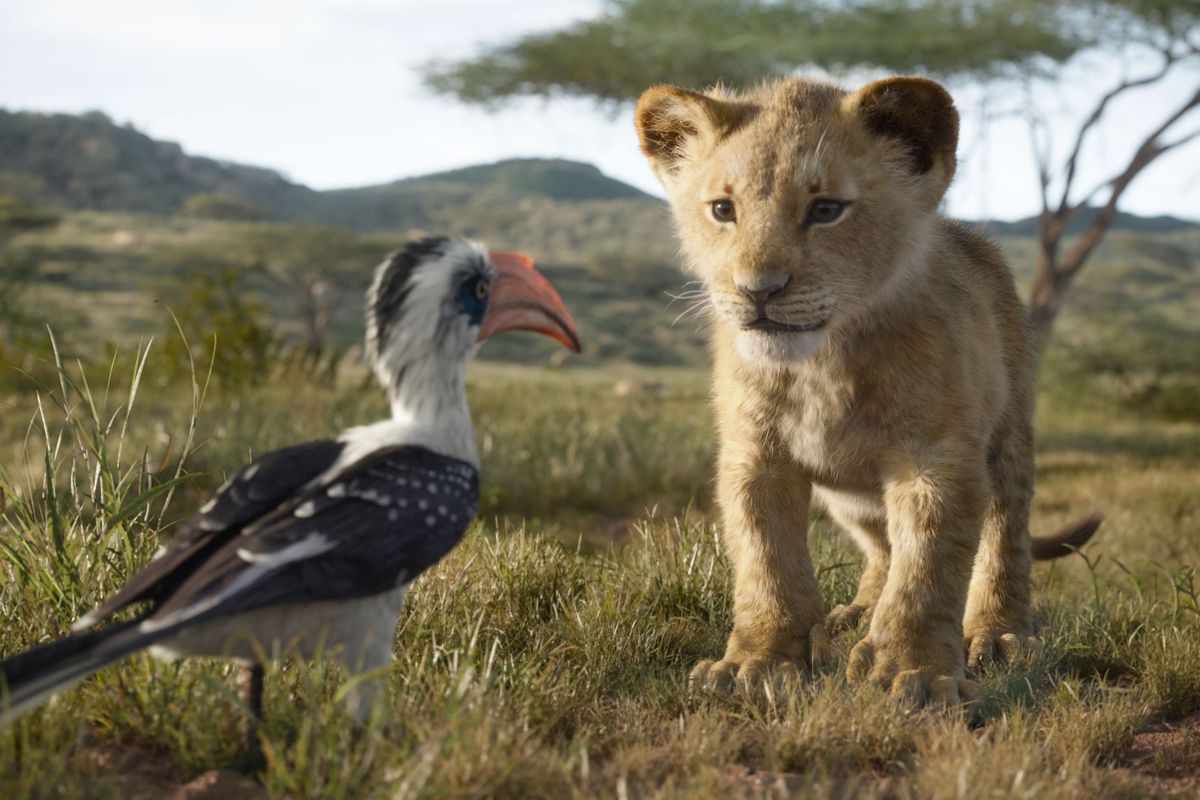
Simba is conflicted in the story. He does not think he is worthy of following in the footsteps of his father Mufasa. He believes he is too broken to be king. Finally, though through a vision of Mufusa Simba is told to “remember who you are.” Simba embraces his destiny and returns. In his confrontation with Scar, Simba demonstrates that is a true king who walks in the steps of his father, Mufasa, when he extends compassion and mercy to his uncle Scar. As Sarabi, had said earlier in the film, “a true king’s power is his compassion.
This story exploring what it makes a king is a common thread through many stories throughout the history of the world. There is something powerful that awakens deep-seated desires of the human heart. We cannot help but desire for a righteous ruler and king who will reign with compassion. Our love of The Lion King reveals this about our hearts’ longings. The Lion King reveals our recognition that we are all in need of a king.
Jesus is our true king, who walks in the steps of his Father. Whereas, Simba faltered to be a king, Jesus perfectly lived. In Christ we find a king who lovingly serves his people and lives sacrificially for them. His love was made manifest in his dying for us on the cross for our sins. One day he will return and reign forever in a kingdom defined by love and righteous. In the meantime his followers are called to extend the reign of the Son by being salt and light on the earth. We are to be ambassadors of the one true king Jesus Christ. In The Lion King we see but darkly an image of what it is that makes a king.

